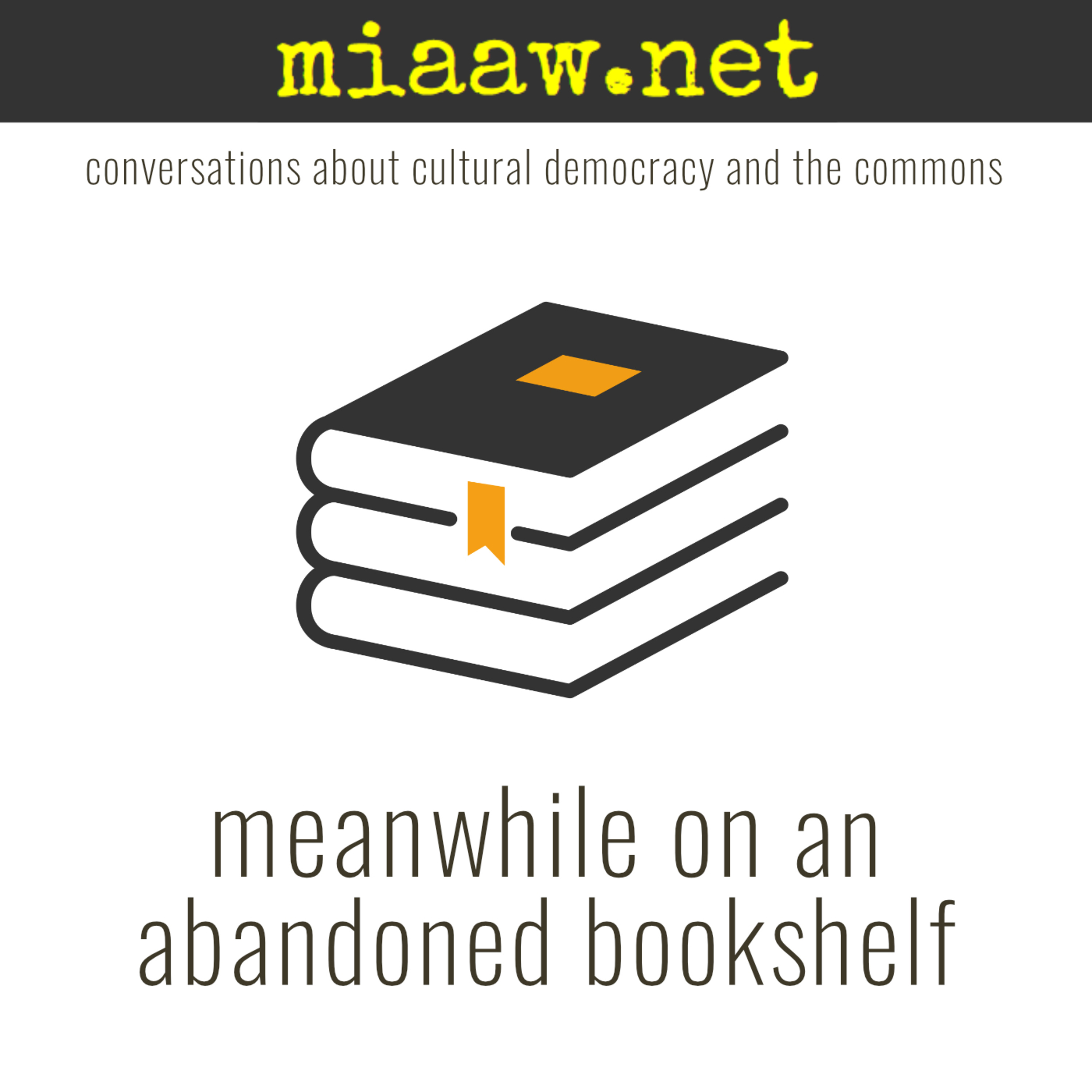- Culture
- SEE MORE
- classical
- general
- talk
- News
- Family
- Bürgerfunk
- pop
- Islam
- soul
- jazz
- Comedy
- humor
- wissenschaft
- opera
- baroque
- gesellschaft
- theater
- Local
- alternative
- electro
- rock
- rap
- lifestyle
- Music
- como
- RNE
- ballads
- greek
- Buddhism
- deportes
- christian
- Technology
- piano
- djs
- Dance
- dutch
- flamenco
- social
- hope
- christian rock
- academia
- afrique
- Business
- musique
- ελληνική-μουσική
- religion
- World radio
- Zarzuela
- travel
- World
- NFL
- media
- Art
- public
- Sports
- Gospel
- st.
- baptist
- Leisure
- Kids & Family
- musical
- club
- Health & Fitness
- True Crime
- Fiction
- children
- Society & Culture
- TV & Film
- gold
- kunst
- música
- gay
- Natural
- a
- francais
- bach
- economics
- kultur
- evangelical
- tech
- Opinion
- Government
- gaming
- College
- technik
- History
- Jesus
- Health
- movies
- radio
- services
- Church
- podcast
- Education
- international
- Transportation
- Other
- kids
- podcasts
- philadelphia
- Noticias
- love
- sport
- Salud
- film
- and
- 4chan
- Disco
- Stories
- fashion
- Arts
- interviews
- hardstyle
- entertainment
- humour
- medieval
- literature
- alma
- Cultura
- video
- TV
- Science
- en
Old Words: Cultural Policy in a post-political age

b'
In this episode, Fran\\xe7ois Matarasso argues that \\u201cThe values and practices of contemporary European culture are still defined by ideas that emerged during the Enlightenment, and the period of industrialisation and imperialism with which it is associated. There are older influences, of course: opera emerged in Renaissance Italy, which itself took inspiration from the Classical past. But it is the Enlightenment\\u2019s invention of the Fine Arts that implicitly (and carelessly) relegated most human culture to a subordinate position as the \\u2018not-fine arts\\u2019, defined by adjectives such as amateur, traditional, folk or popular arts, as well as new concepts like craft and entertainment.\\u201d
\\nHe discusses the alternative views of community based arts and concludes that \\u201c to judge from Arts Council England\\u2019s strategy document, neither tradition seems to be properly understood by those making cultural policy. Nor do they have an alternative political theory to offer. We are left with no more than good intentions in the place of the democratically accountable exercise of power.\\u201d
\\nFran\\xe7ois Matarasso originally wrote the essay from which this episode springs in 2021 as part of \\u2018Opera Co-creation and performance\\u2019 for the Traction Project, which has received funding from the European Union\\u2019s Horizon 2020 research and innovation programme. It was published on the Traction website in May 2021. This version was published on 5 August 2022 on ParliamentofDreams.com under the Creative Commons Attribution-NonCommercial-NoDerivatives 4.0 International licence.
'